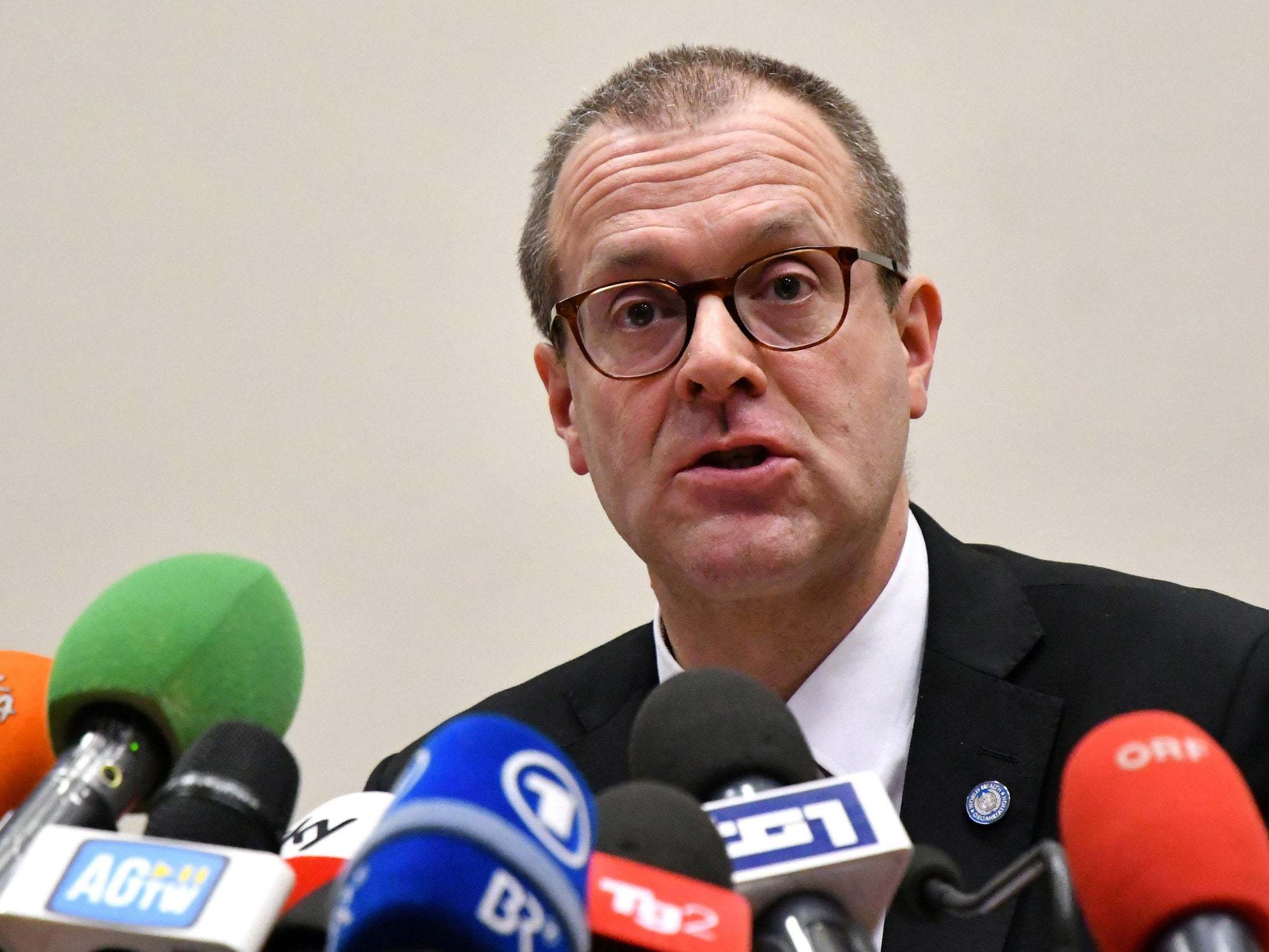Coronavirus: Europe can ‘learn to live with’ Covid-19 through local lockdowns, says WHO director
Europe director Hans Kluge says rise in hospital admissions in coming months would be ‘no reason for panic’
Your support helps us to tell the story
From reproductive rights to climate change to Big Tech, The Independent is on the ground when the story is developing. Whether it's investigating the financials of Elon Musk's pro-Trump PAC or producing our latest documentary, 'The A Word', which shines a light on the American women fighting for reproductive rights, we know how important it is to parse out the facts from the messaging.
At such a critical moment in US history, we need reporters on the ground. Your donation allows us to keep sending journalists to speak to both sides of the story.
The Independent is trusted by Americans across the entire political spectrum. And unlike many other quality news outlets, we choose not to lock Americans out of our reporting and analysis with paywalls. We believe quality journalism should be available to everyone, paid for by those who can afford it.
Your support makes all the difference.European countries can cope with a rise in coronavirus cases in the months ahead without resorting to national lockdowns, the World Health Organisation’s director for the region has said.
Hans Kluge, WHO’s regional director for Europe, said a host of factors meant hospitals across the continent were likely to see an increase in the number of Covid-19 patients this autumn.
The top official predicted a rise in admissions from people suffering from the disease as early as October — but also said countries would have to “learn how to live with the virus” without shutting down.
“Let’s not be negative — there is going to be an end,” Mr Kluge told Sky News. “The day we are going to conquer the pandemic is not necessarily the vaccine. It is when we learn to live with the pandemic, and that can be tomorrow.”
He added: “The good news is we’re not back in February. In February we had to target [the whole] society. Now we can target the virus and work locally … we cannot exclude localised lockdowns.”
Mr Kluge said the reopening of the education sector in many countries was “good news”, but also warned some “localised closing of schools” may be necessary. “We have to be prepared for this in a positive manner,” he said.
The WHO official also told BBC Radio 4’s Today programme that Britain and other European countries could see significant upturns in transmission ahead of winter.
“Let’s not forget that we’re entering three phenomena — one is the reopening of the schools for the academic year, the second is the flu season and the third is the excess mortality in the elderly population during the winter,” he said.
“So I wouldn’t be surprised, unfortunately, if we see an increase in October, especially towards late November [in hospital admissions] — there’s no reason for panic but we have to be aware.
“It is far too early to draw all the conclusions for the time being but we know what needs to be done,” he added.

Mr Kluge also defended his organisation’s probe into the origins of the coronavirus following reports that investigating WHO officials did not visit Wuhan during a recent three-week trip to China.
“I would not like to jeopardise our good relations with the Chinese officials at this stage,” he said.
“We have a daily information exchange and I’m optimistic results will come as we are proceeding.”
Overall global new deaths in the past seven days fell by 3 per cent compared to the previous week, the WHO reported on Tuesday — adding that overall new infections around the world rose by another 1.8 million.
Spain, Russia, France, and Ukraine reported the highest number of new cases in Europe in the week to 30 August, with a resurgence in Spain matching peaks seen last March and April.

Join our commenting forum
Join thought-provoking conversations, follow other Independent readers and see their replies
Comments